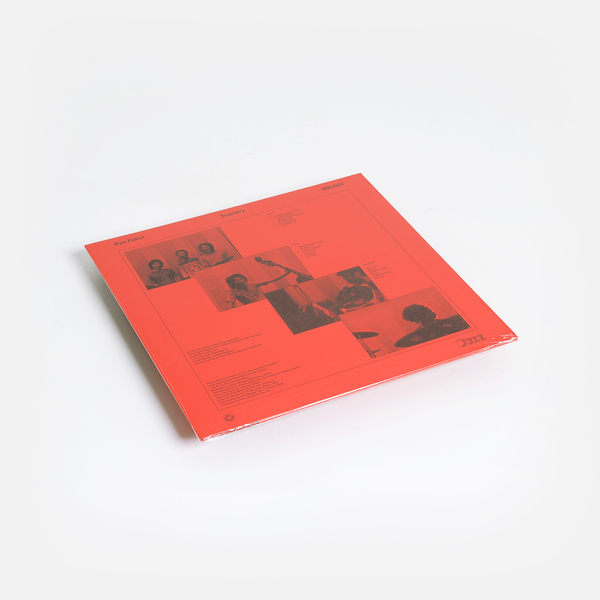

This included Jimmy Van Heusen and Johnny Burke’s It Could Happen To You, Billy Eckstine’s I Want To Talk About You, Hideo Ichikawa’s Early Summer, Ann Ronell’s Willow Weep For Me and Joseph Kosma and Jacques Prévert’s Autumn Leaves.

Ryo Fukui had also just signed to Trio Records, and was preparing to record his debut album Scenery.įor his debut album Ryo Fukui had written the title-track Scenery, and the rest of the album comprised cover versions.
Scenery fukui professional#
So much so, that the self-taught pianist was good enough to embark upon a career as a professional musician, playing the music that he loved…jazz.Īs September 1976 dawned, twenty-eight year old Ryo Fukui was living in Sapporo, where he led his own trio who were a familiar sight in local jazz clubs. If Ryo Fukui’s friends thought that his decision to teach himself to play the piano was bound to end in tears, they were soon proved wrong as he turned out to be a talented pianist. Instead, Ryo Fukui had just turned twenty-two in 1970, when he announced that he wanted to learn to play the piano, and was going to teach himself. Though Fukui remains calm in some arrangements, he switches gears on frenetic, seemingly improvised pieces like “Early Summer,” a fitting apex for the album.Ryo Fukui, who was born in Biratori, Hokkaido, in Japan, on the ‘1st’ of June 1948, was a late starter when it came to the piano and unlike most of the musicians he encountered during a career that spanned five decades, had never learnt to play the instrument as a child. In the track “Early Summer,” his transition between chill melodies and slapping chord progressions culminates in a grand three minute solo, mirroring a lot of the grandiosity found in both Evans and Coltrane’s repertoire. Fukui ’s style is immediately reminiscent of Bill Evans, and his modality recalls to life the masterpieces of the John Coltrane Quartet. The drums are thunderous, but at the same time expertly restrained, and his keyboard has an air of both swing and finesse.Įven in his original arrangements, the giants of jazz piano are channeled through the sounds of Scenery. While “Autumn Leaves” is an oft-used piece for beginner jazz musicians to acquaint themselves with jazz harmony, Fukui still manages to create something original out of an otherwise rudimentary piece of music, adding an upbeat cadence and flair throughout the song. His rework of “Autumn Leaves” contains an eclectic, soulful introduction before he breaks into the slow, subdued jazz standard. In Scenery, Fukui provides listeners a refreshing take on some jazz classics, like “Willow Weep For Me,” “Autumn Leaves” and “I Want To Talk About You.” While he relies on the works of other musicians, he has an undoubtedly unique take on every song.
Scenery fukui free#
Artists are free to stitch together a variety of styles and sounds effortlessly, affording them a significant level of creativity and improvisation. Jazz’s liberating nature separates it from other genres of music. When listening to Scenery, it’s hard not to think about the countless other potential works of art that the Western musical zeitgeist has failed to account for. Ryo Fukui had all the material to make a similar impression on the world of jazz with the modal masterpiece that is 1976 ’s Scenery, but among some of music ’ s biggest injustices, the lack of a global stage for musicians of Fukui’s ilk is one of the most unfortunate. Duke Ellington showed us the wonder and joy to be had with a big orchestra. Louis Armstrong helped us find fun in swing. Thelonious Monk taught us the beauty of improvisation.


 0 kommentar(er)
0 kommentar(er)
